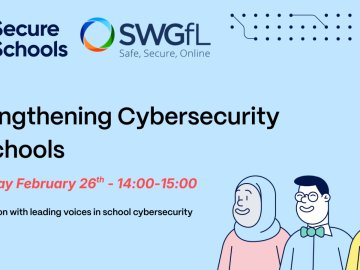As education continues to be handled remotely, online tutoring is becoming an increasingly popular option for many schools throughout the UK. Pupil engagement continues to be a high priority with interest in learning and progression being a key focus in delivering education effectively. With many schools now restricted in how they handle their day to day teaching, the need for tutors may be more important than before.
Tutoring as a concept is nothing new, however, with current restrictions in place, the platform has somewhat shifted away from what many of us are accustomed to. Unfortunately, the days of home visits and after school sessions may not return for some time. Luckily though, we have many options available to deliver the same guidance and support online.
If you’re looking to start a career as an online tutor or offer your teaching skills to schools during this time, there are certain things to consider when it comes to delivering online lessons.
How to Start Online Tutoring - What to consider
The key thing to remember when applying for a tutoring position, is that safeguarding takes precedence over many things in the eyes of a school. When searching for candidates, suitability and professionalism will be key factors in what they look for but the safety of their students will be their top priority.
You will need to be DBS checked, be eligible to work in the UK, have up-to-date references and of course, have the correct qualifications for the position. If you are signed up to an agency, make sure they have all this information at hand. This will make the basis of a checklist that schools must complete before even considering you for a position.
It’s important to know where your skills lie and what demographic you aim to support, whether it’s a specific subject or a certain age group of students. Schools will look to match the needs of their pupils to the right candidate, so make sure you know where your strengths lie!
Why Online Tutoring is Different – Safeguarding Responsibilities
The phrase that will frequently occur when discussing online tutoring is ‘unsupervised sessions’. You must remember that communication and interaction is done much more exclusively between the tutor and student when using a video conferencing platform. The home environment will be very much ‘on show’ for both of you to witness. What measures are in place to ensure you are responsibly considering your safeguarding duties?
The school should provide you with their policy and practice when handling remote learning. This should include what conferencing platform to use as well as their up-to-date safeguarding measures. There will also be a code of conduct which is usually found in a staff handbook. Always ensure your home environment is appropriate to be put on show, dress accordingly and organize your lessons to ensure a structured learning session without distraction. It is also wise to liaise with parents and carers to keep them informed about what progression has been made.
For your safety as well as maintaining your safeguarding responsibility, it is important to follow the schools’ guidance and ensuring you don’t stray from what policy is in place. This will help you maintain the professionalism they expect and handle online tutoring safely and effectively.
What help is available?
SWGfL has put together a resource that outlines the key things to remember if you’re a professional candidate looking to be an online tutor. Included is guidance, along with a checklist of things to consider when trying to get recruited.
Each point is there to advise on where your responsibility lies when it comes to online learning whilst consistently pointing to correct safeguarding practice. All the information is there to ensure you and the school community stay safe when online.






